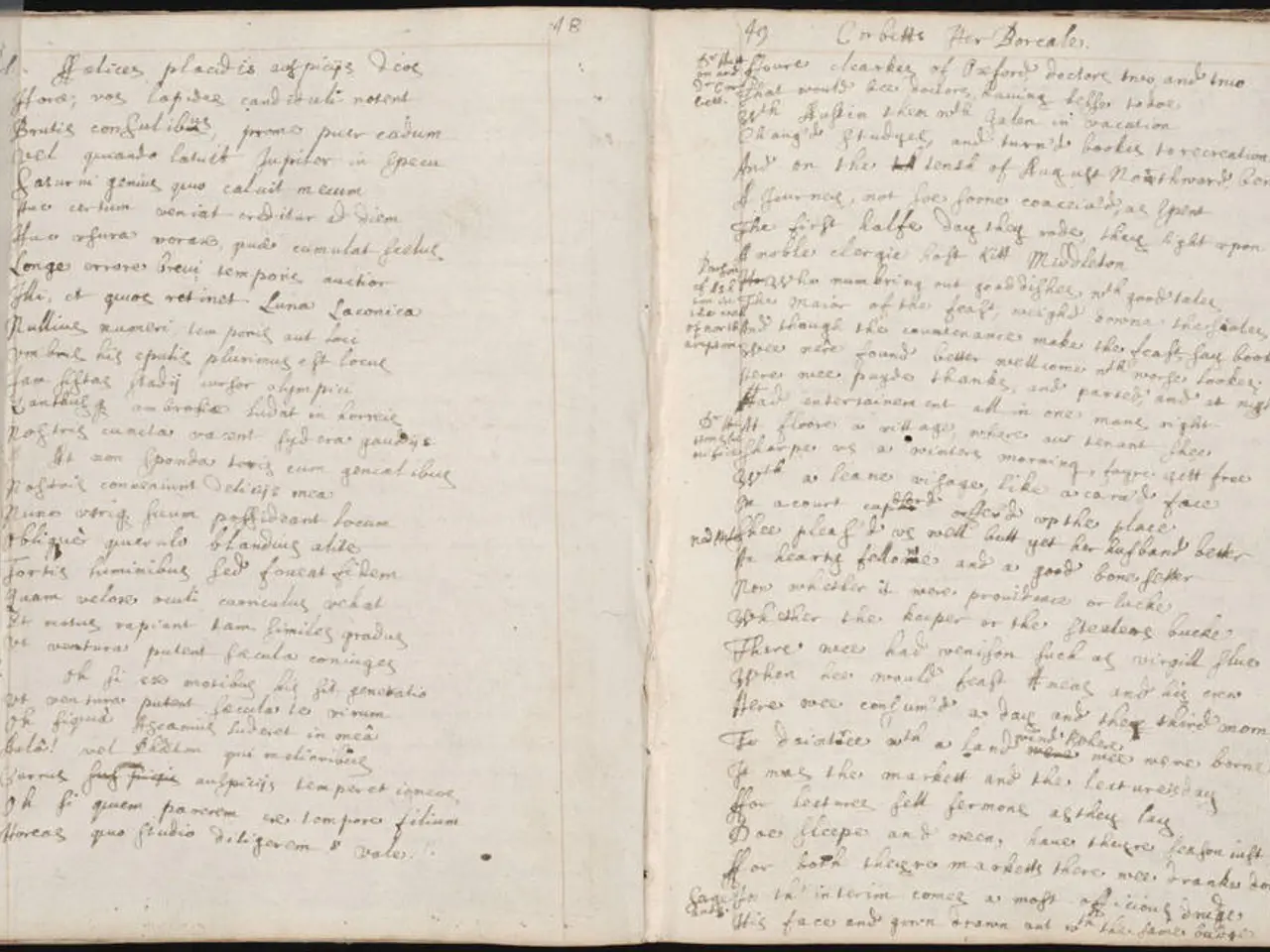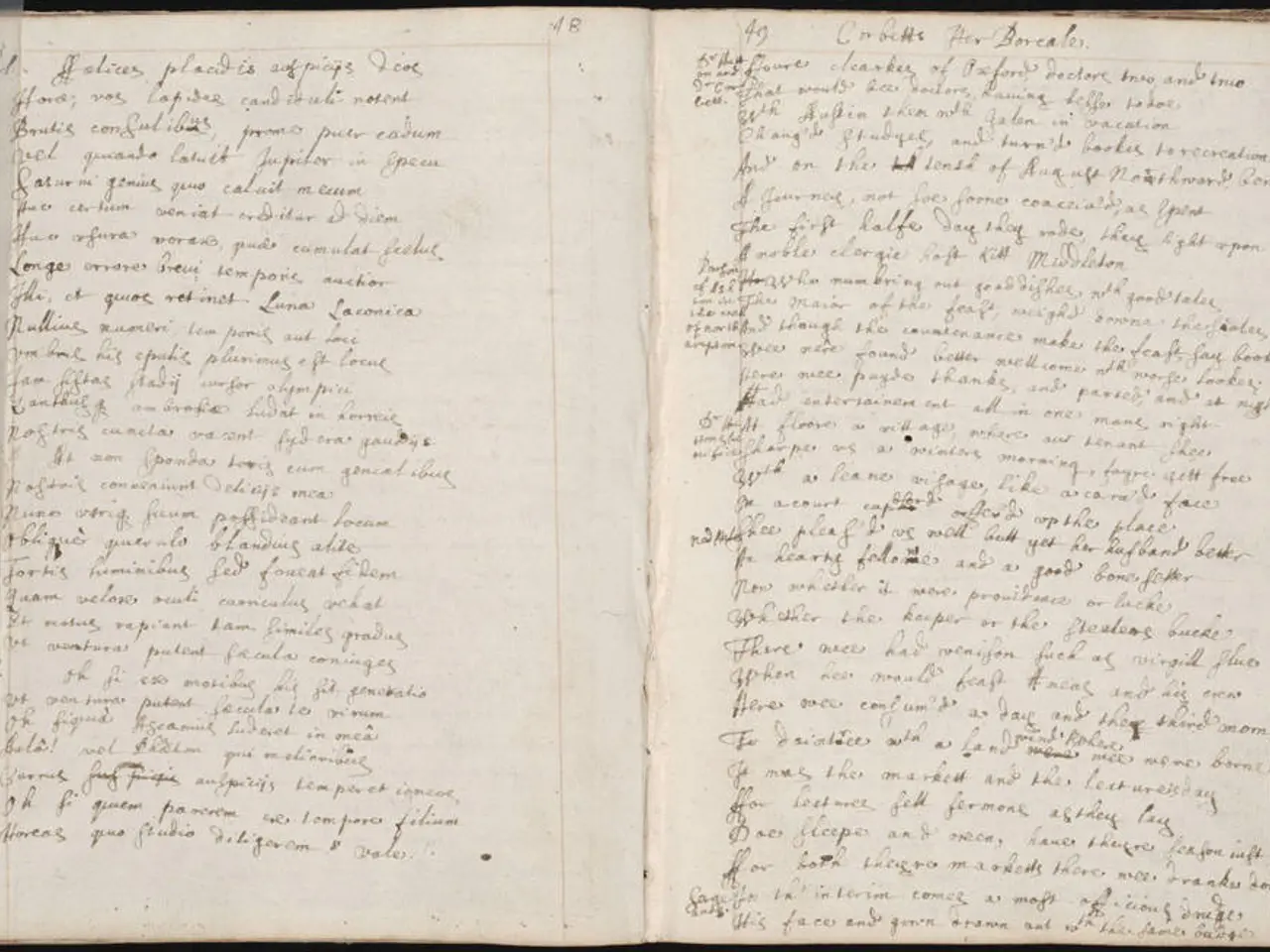Increased retirement age debate: Could extended working years become a reality?
In Germany, a significant focus is being placed on addressing the financial strain caused by the retirement of the baby boomer generation. The leading proposed solution is the "Boomer Soli" levy, a special tax on higher retirement incomes, which aims to stabilize the pension system and alleviate old-age poverty without overburdening younger generations.
The "Boomer Soli" proposal suggests a 10% levy on retirement income above approximately €1,000 per month. This would moderately reduce the net income of the top 20% of pensioner households by 3-4%, while pensioners in the lowest income fifth could see their statutory pension income raised by about 10-11%, helping to lower elderly poverty risk from around 18% to under 14%.
This approach is favored because it avoids raising pension contributions or taxes on younger workers, which could slow job creation and economic growth due to higher labor costs. The welfare state in Germany already faces sustainability issues, with public spending exceeding 50% of GDP, and social security contributions at about 42% of gross income, pushing labor costs higher.
The retirement of baby boomers presents new opportunities for municipalities, as many do not view retirement as the end of their active lives but as the beginning of a new phase. Flexibility in volunteering is very important to the baby boomer generation, and municipalities need to develop flexible models for volunteering that cater to the needs of the older generation.
The majority of baby boomers (84%) who are already engaged in volunteering want to continue their activities in retirement. The most popular areas for voluntary activities among baby boomers are environmental and nature conservation (43%) and neighborhood and community help (41%).
However, the baby boomers are expected to heavily burden the pension fund due to many retiring at the same time while fewer people are contributing. Economy Minister Katherina Reiche has proposed that people work more and longer to alleviate the strain on the pension system.
Every second person in Germany is retiring early, and this trend is increasing. According to the German Institute for Economic Research (DIW), a "Boomer-Soli" could support pensioners with little money and reduce old-age poverty. The peak of the baby boomer wave is expected to occur in 2031, when the cohort of 1964 reaches the regular retirement age.
The government has announced solutions to address the aging population and pressure on social systems. A "pension reform commission" has been announced in the Bundestag to present proposals by the middle of the legislative period. The SPD has promised to maintain the pension without deductions after 45 years of contributions, which contradicts the proposal for a "Boomer-Soli."
Despite these challenges, the willingness to engage in volunteering increases with higher education and is particularly high in rural areas. Almost half of the baby boomers have already retired before the regular retirement age, affecting around 1.8 million people by 2023. The majority of baby boomers prefer personal contact and prefer to inform themselves via traditional channels such as community newspapers (49%) and local newspapers (46%).
In summary, the "Boomer Soli" levy is the leading proposed solution in Germany to address the financial strain caused by the retirement of the baby boomer generation. This targeted, intra-generational redistribution mechanism aims to bolster support for poorer retirees and maintain system stability, alleviating old-age poverty without overburdening younger generations. Other proposals focus on balancing social security contributions and benefits reforms, but the "Boomer Soli" currently stands out as the most promising solution.
One-way to alleviate financial strain in retirement for some baby boomers could be through the increased participation in education-and-self-development activities, as it has been observed that the willingness to engage in volunteering increases with higher education. In their new phase of life, some baby boomers might find fulfillment and financial stability through pursuing sports, as many popular areas for voluntary activities among baby boomers are related to nature conservation and community help.




